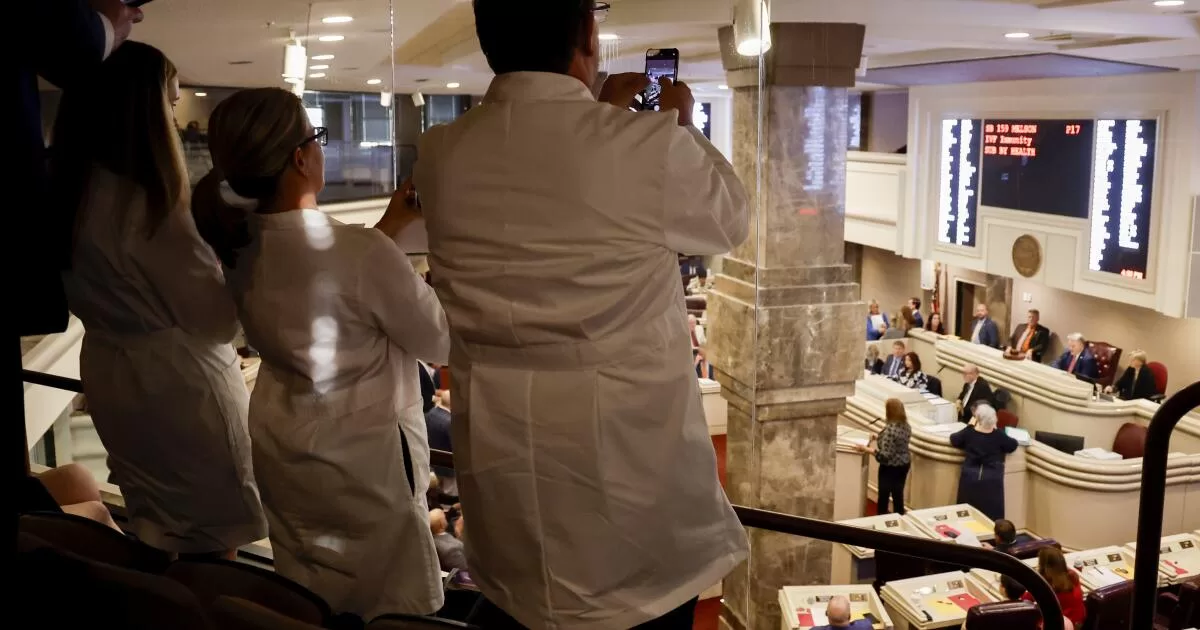Gov. Gavin Newsom signed a bill on Sunday that requires large health insurance companies to cover in vitro fertilization — a win for reproductive health advocates amid nationwide concerns about the future of access to fertility treatments.
The bill also expands healthcare benefits to LGBTQ+ families seeking to have children, changing the definition of infertility for insurance purposes to include “a person’s inability to reproduce either as an individual or with their partner without medical intervention.”
“California is a proud reproductive freedom state — and that includes increasing access to fertility services that help those who want to start a family,” Newsom said in a statement released Sunday. “As Republicans across the country continue to claw back rights and block access to IVF — all while calling themselves ‘the party of families’ — we are proud to help every Californian make their own choices about the family they want.”
The new California law comes as conservative groups have increasingly opposed IVF over ethical and religious concerns about the use of embryos — and when life really begins.
While Trump recently vowed to cover the costs of IVF nationwide if elected president in November, reproductive rights activists quickly cast doubt on the announcement as an attempt to win favor in a close election, and have pointed to his flip-flopping record on abortion.
IVF is a common procedure for those facing infertility that involves collecting eggs from ovaries, fertilizing them with sperm in a lab and implanting them in a uterus.
During the IVF process, some embryos may not survive and can be discarded if no longer needed. That has driven groups like the California Family Council, a conservative Christian organization, to oppose SB 729, signed into law Sunday, because they say “human life begins at conception.”
California currently does not require insurance companies to cover IVF. The procedure costs Californians an average of $24,000 out of pocket, according to the U.S. Department of Health and Human Services, and can require multiple rounds before it is successful.
Newsom — a longtime advocate for reproductive rights — signed the bill despite opposition by health insurance companies, the California Chamber of Commerce and his own Department of Finance because of cost concerns as the state faces a multibillion-dollar budget deficit. A recent fiscal analysis of the bill projected it will cost the state at least $20 million in the first two years alone in premiums for public employees.
Reproductive rights advocates have warned that IVF is in danger after the Supreme Court ended a federal guarantee to abortion access in 2022 instead leaving it up to states— noting that Trump has taken credit for helping appoint the conservative majority of justices who made the decision.
Trump has since said he would not impose a national abortion ban if elected and that he supports IVF, but mistrust remains after an Alabama court ruled that frozen embryos can be considered “children” and that destroying them constitutes wrongful death, and more than a dozen states have introduced “fetal personhood” protection laws.
The bill was amended throughout the legislative process to address some cost concerns, and religious employers are exempt from the law.
